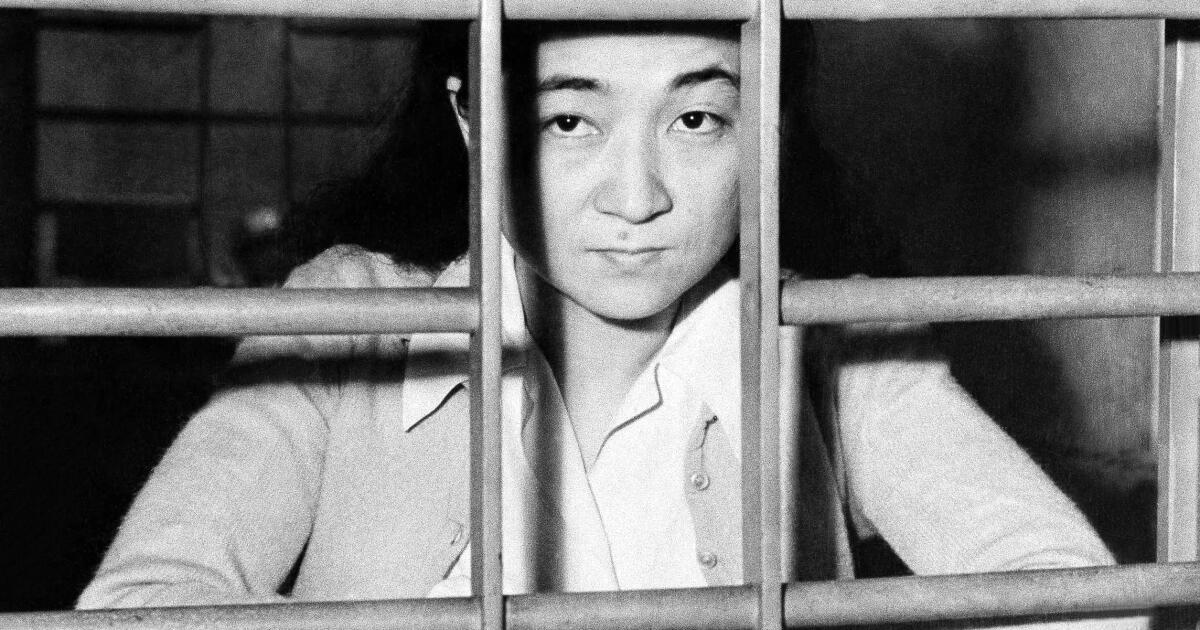
"Her name was Iva Toguri D'Aquino, and she was born in Watts to Japanese parents in 1916 and had a degree in zoology from UCLA. She wanted to be a doctor. But she traveled to Tokyo in 1941 to care for a sick aunt, with disastrous timing. She made the trip without a passport, which doomed her desperate efforts to board a ship home as the war erupted."
"She was trapped in a country not her own and hounded by police who were suspicious of her loyalty because she refused to renounce her American citizenship. Neighbors and authorities harassed her relatives for harboring her; she moved out to spare them further pain. She could not read Japanese and spoke it spottily. But she found a job as a typist at Radio Tokyo, which enlisted POWs in its propaganda division and recruited her in late 1943 as a disc jockey."
"She was "a betrayer of her native land and a betrayer of her government in time of need," a federal prosecutor would call her. She was a "turncoat and a female Benedict Arnold." D'Aquino's defense: She had been slyly subverting the propaganda machine the whole time, entertaining Americans with facetious language no one could take seriously and introducing upbeat American music the GIs actually loved."
Iva Toguri D'Aquino was born in Watts in 1916 to Japanese parents and earned a zoology degree from UCLA. She traveled to Tokyo in 1941 to care for a sick aunt and became stranded after traveling without a passport. Japanese police and neighbors harassed her because she refused to renounce American citizenship. She could not read Japanese but worked as a typist at Radio Tokyo and was recruited in late 1943 as a disc jockey. Using an unaccented American voice and the name Orphan Ann, she performed hundreds of broadcasts on the program Zero Hour. Prosecutors branded her a betrayer; her defense said she injected American music and satire to subvert propaganda.
Read at Los Angeles Times
Unable to calculate read time
Collection
[
|
...
]